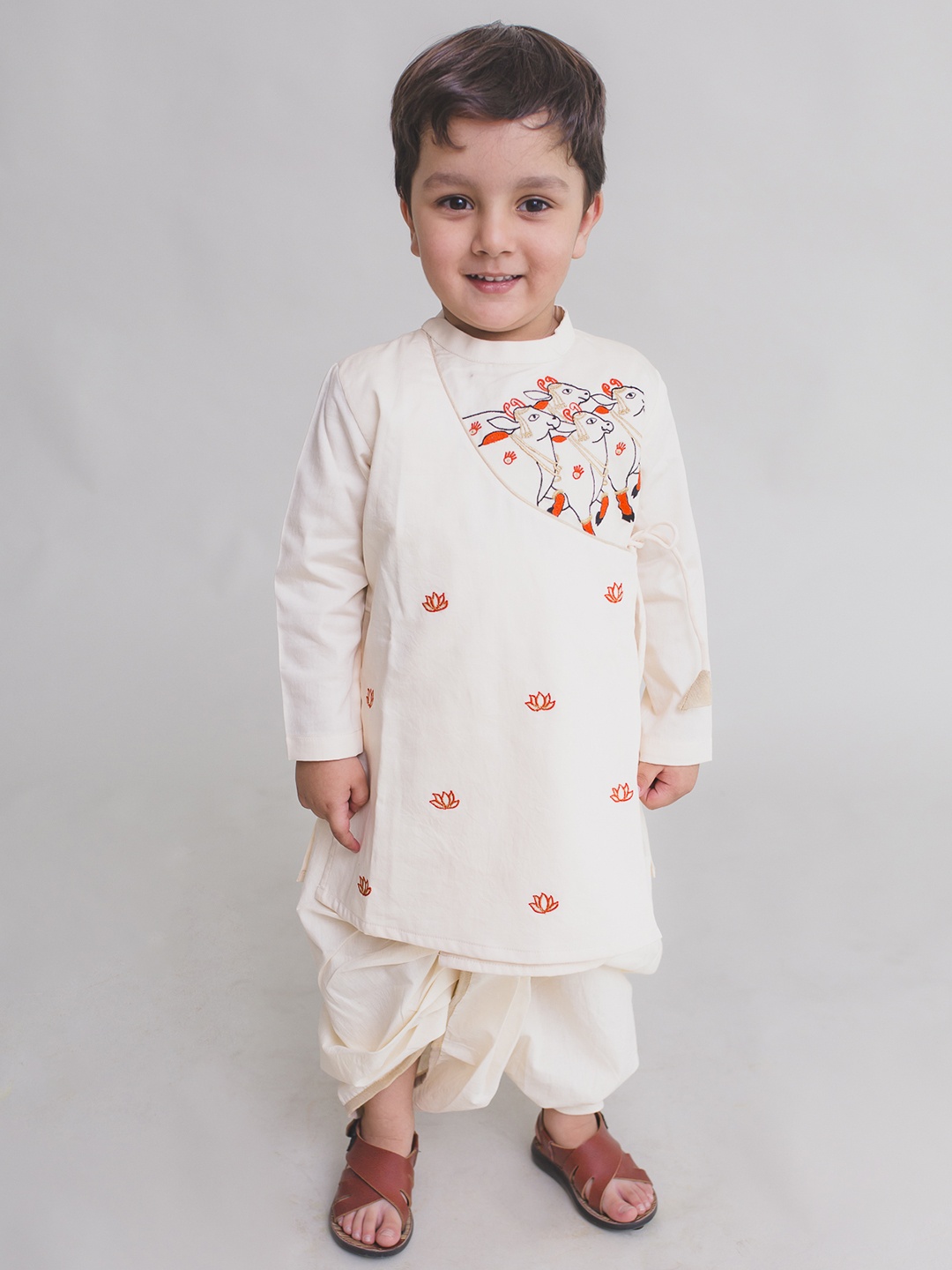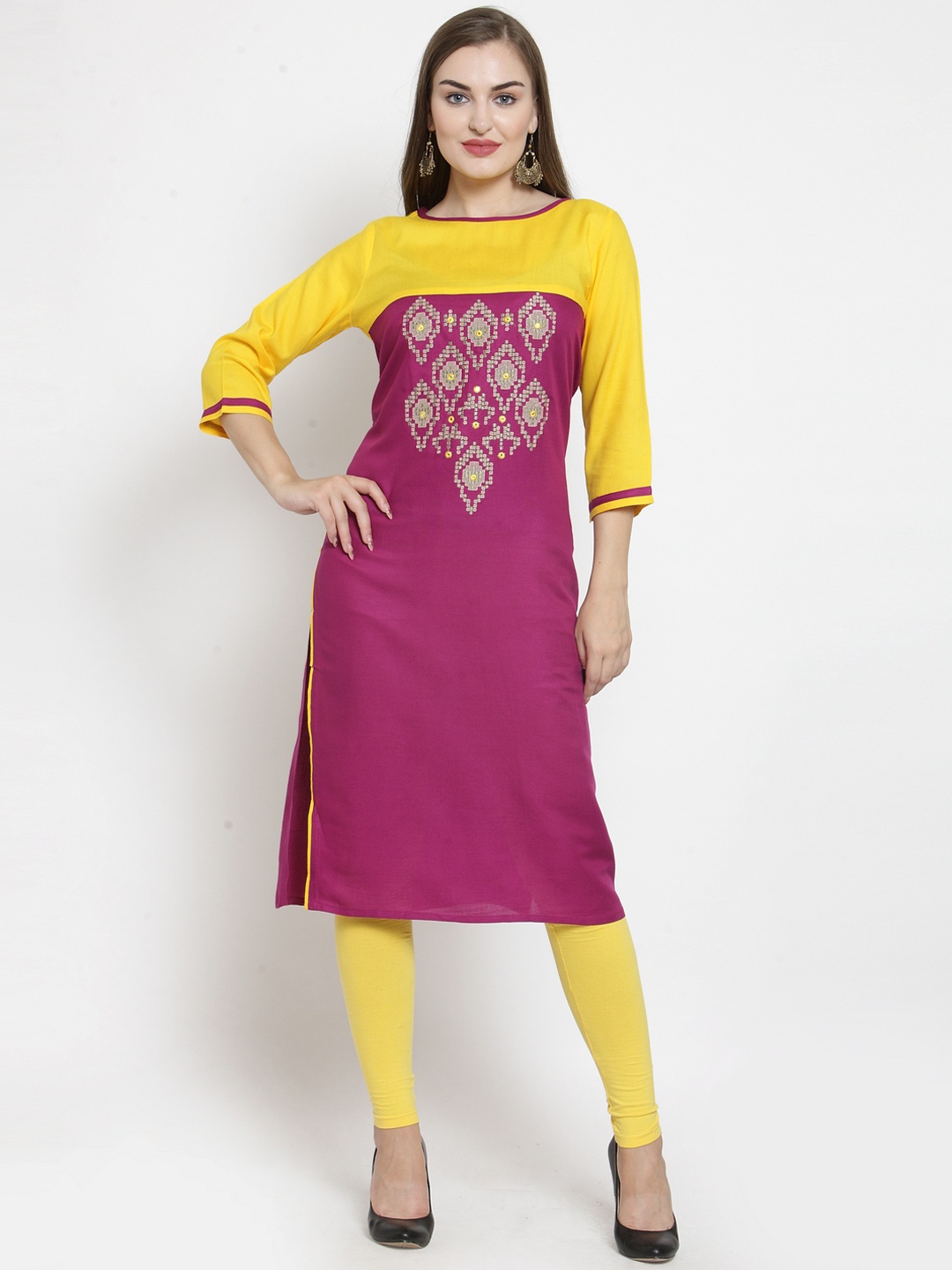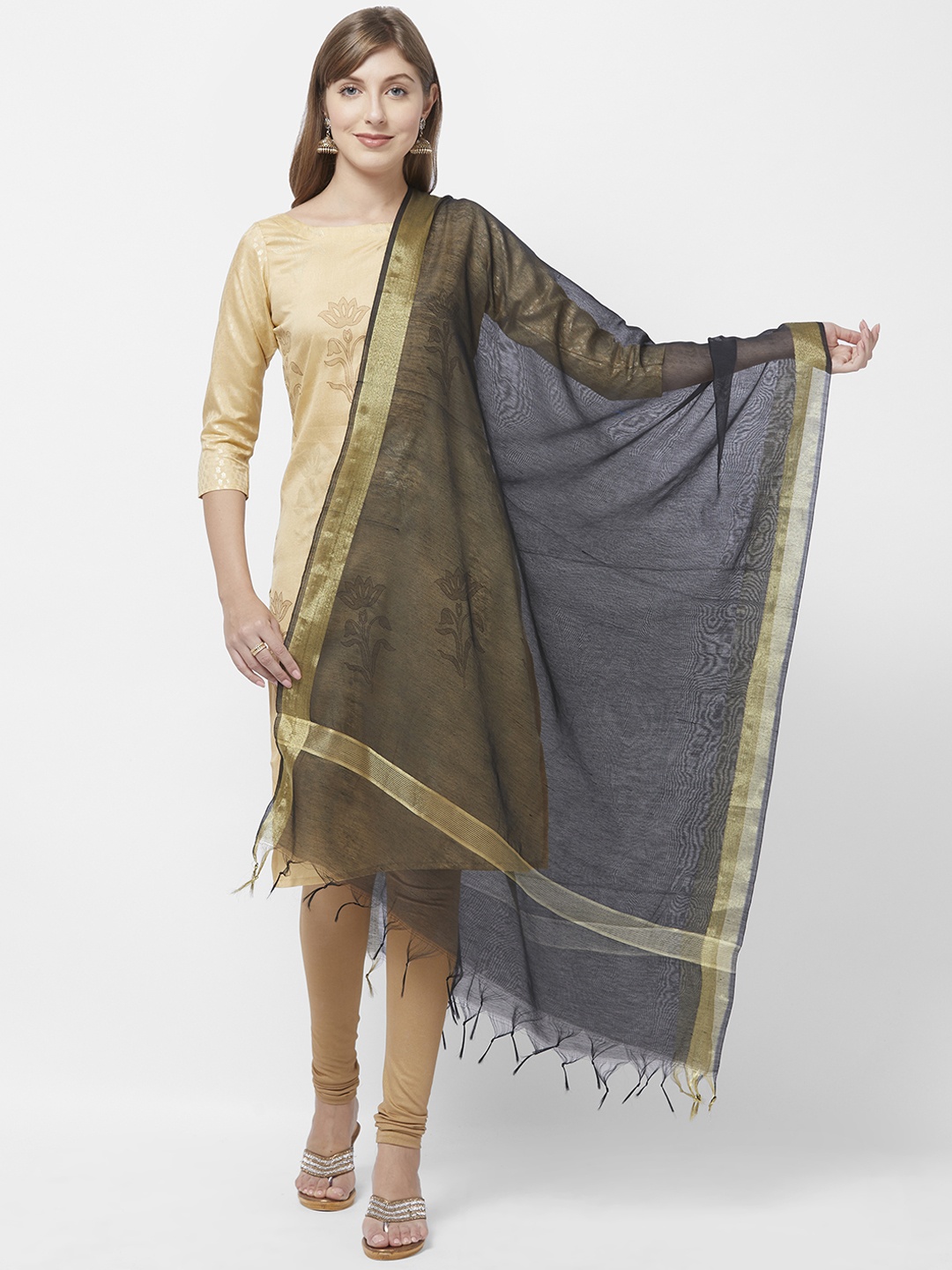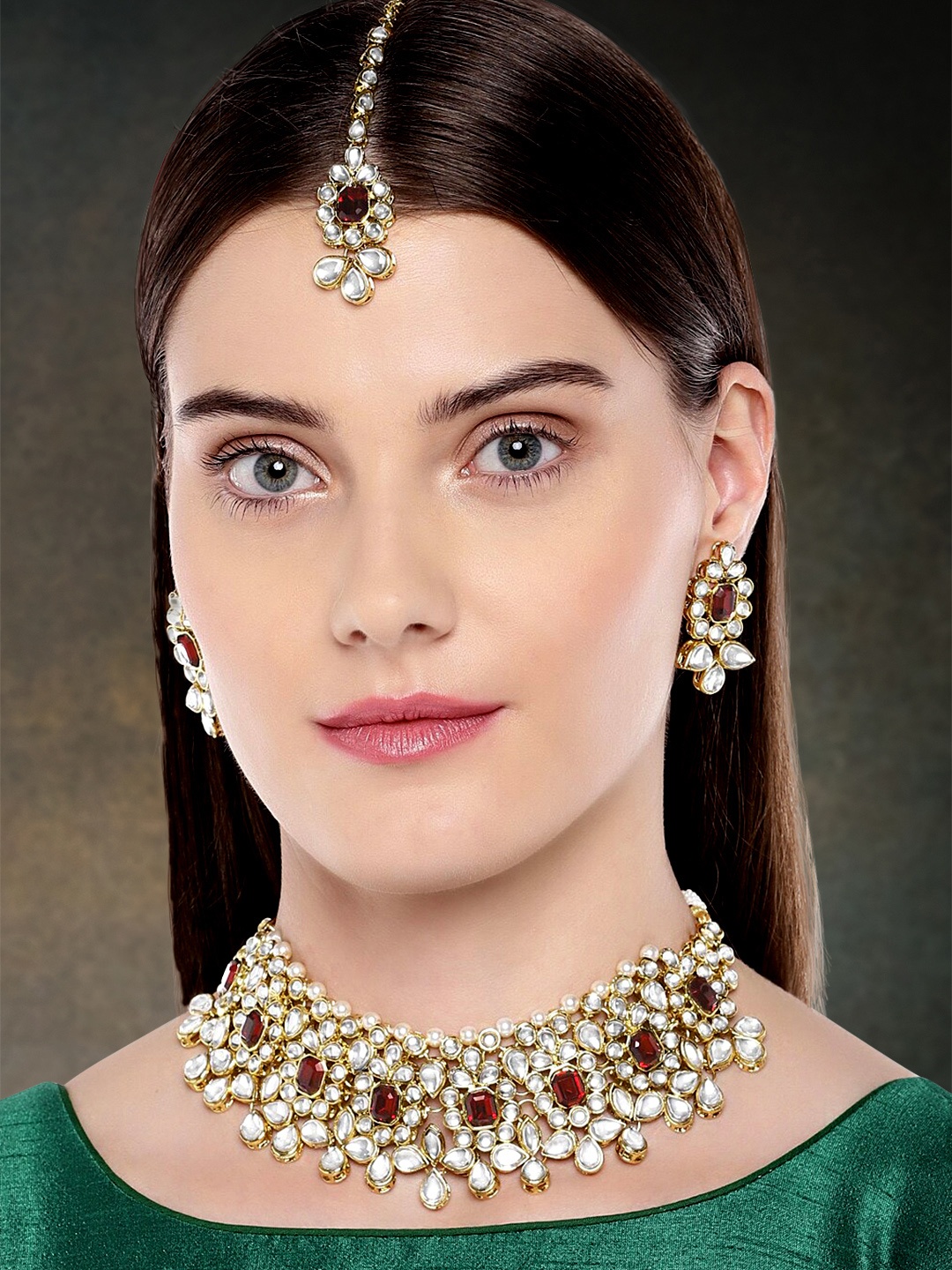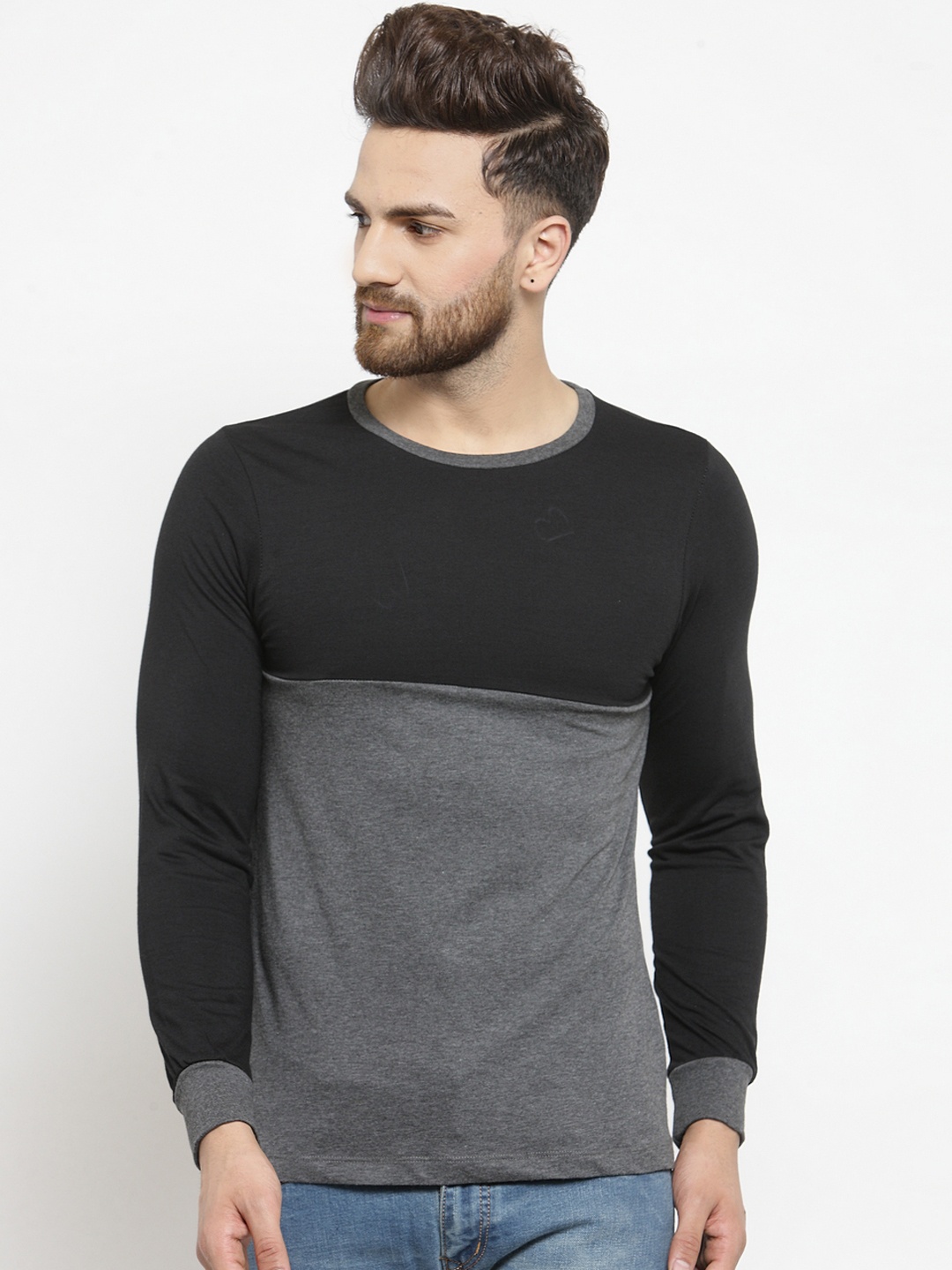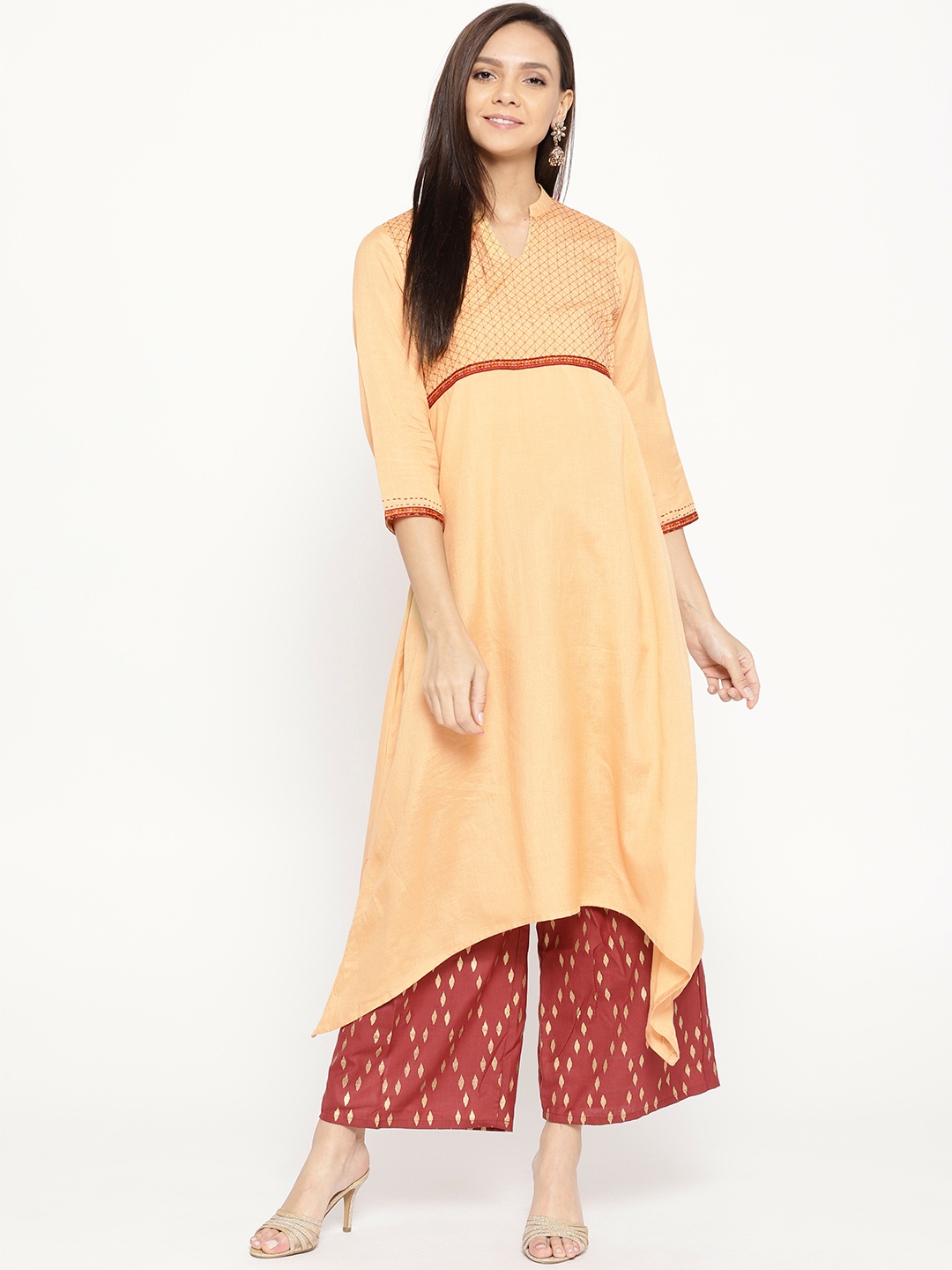How To Dress Up For Janmashtami: Fashion Tips To Turn Regular Wear Into Festive Flair
Explore stylish and budget-friendly Janmashtami fashion ideas for men and women. Learn how to transform your everyday clothes into festive outfits by incorporating smart layering, accessories, and colours inspired by Lord Krishna.

Janmashtami is a joyful celebration of the birth of Lord Krishna.
On August 16, the divine birth of Lord Krishna will be celebrated with joy and devotion across India and beyond. Janmashtami isn't just a spiritual occasion - it's also a vibrant celebration of culture, tradition, and self-expression. But while elaborate printed lehengas and embroidered kurtas dominate the Instagram reels of celebrities and influencers, most of us face a practical dilemma: how to look festive without investing in an entirely new wardrobe.

Temples and homes are decorated with flowers, lights, and miniature cradles to welcome the divine child at midnight; Photo Credit: Pexels
This year, whether you're attending a temple gathering, participating in a community event, or simply celebrating at home, there's no need to splurge on heavy ethnic wear. With thoughtful styling, the right accessories, and a few clever tweaks, even your regular clothes can be transformed into something celebration-worthy.
Also Read: Top 10 Lord Krishna's Favourite Fruits To Offer On Janmashtami And Why
How To Dress Up For Janmashtami 2025
For Women: Modern Ethnic Meets Everyday Elegance
1. Start With a Simple Kurta or Maxi Dress
You don't need to fish out a designer lehenga for the occasion. A simple cotton or silk kurta in hues of peacock blue, marigold yellow, or vermillion red can be just as striking. Alternatively, a solid-coloured maxi dress in flowing fabric can be repurposed into an ethnic outfit with the right styling.
Choose fabrics like chanderi, muslin, or handloom cotton that offer a touch of tradition while being comfortable for long hours of celebration or fasting.
2. Layer With a Statement Dupatta
A vibrant, embroidered, or printed dupatta is your secret weapon. Pair your plain kurta or dress with a phulkari, bandhani, or banarasi dupatta to instantly elevate the look.
Drape the dupatta over one shoulder or as a cape for a contemporary silhouette. Don't be afraid to experiment with asymmetrical draping.
3. Accessorise With Traditional Jewellery
Janmashtami is the perfect excuse to bring out the jhumkas, bangles, and maang tikka. Even if your outfit is minimal, traditional jewellery can anchor the look in festive elegance.
Go for oxidised silver pieces for a rustic vibe, or faux kundan and pearls for a regal touch. A single nose ring or a statement choker can also do wonders.
Keep the makeup dewy and minimal with kohl-lined eyes and a touch of highlighter. A small bindi can add a spiritual softness to the face, perfect for the occasion. It is a good idea to braid your hair with small floral accents, or in a loose bun adorned with jasmine or gajra for a classic South Asian look.

Traditional plays (Raas Leela) and rituals like Dahi Handi reflect Krishna's playful and mischievous nature
Photo Credit: Pexels
For Men: Understated Charm With a Cultural Edge
1. Upgrade Your Kurta Game
If you already own a white or neutral kurta, you're halfway there. Layer it with a colourful Nehru jacket or stole to inject festive energy. Look for patterns in ikat, block print, or jacquard to keep things interesting.
Roll up the sleeves, add some beaded bracelets, and you've got yourself a smart Indo-western vibe.
2. Smart Bottoms Over Dhoti Drama
Not every man is keen on sporting a dhoti. And that's fine, straight-cut trousers, chinos, or even jeans in darker tones can work with ethnic tops if styled carefully.
Pair a kurta with tapered joggers or jodhpuri pants for a balanced blend of comfort and class. Earthy tones like olive, tan, and deep blues are Janmashtami-appropriate and look refined.
3. Footwear That Fits The Occasion
Ditch the sneakers for a day. Instead, opt for kolhapuris, mojaris or leather sandals. These ethnic staples are not only stylish but surprisingly comfortable for long festivities.
4. Add Cultural Accessories
Want to stand out without overdoing it? Try adding a cotton safa (turban), a rudraksha bracelet, or even a small tilak to connect with the spiritual mood.
Colour Palettes Inspired by Lord Krishna
Janmashtami isn't just about looking good, it's about expressing devotion and celebrating joyfully. Colours inspired by Lord Krishna's iconography can add a spiritual depth to your ensemble.
- Peacock Blue: Symbolic of Krishna's feathered crown, this shade stands out without being too flashy.
- Yellow: Krishna is often depicted in yellow attire (pitambar), making it a sacred and uplifting colour to wear.
- White: Denotes purity and peace, perfect for temple visits or bhajan evenings.
- Gold And Silver Accents: Add shimmer and celebration without going overboard.
Dressing up for Janmashtami doesn't need to be a test of your budget or patience. The beauty of Indian tradition lies in its adaptability, how a few thoughtful elements can turn regular clothing into something deeply expressive and beautiful.
It's about invoking the playful spirit of Krishna through colour, comfort, and creativity. Whether you're dancing the Raas Leela, participating in Dahi Handi, or simply enjoying the serenity of the festival from home, your attire should feel like an extension of joy, not an obligation.
This Janmashtami, let your wardrobe reflect your devotion, personality, and sense of style with just the right touch of sparkle.
Products Related To This Article
1. Sangria Floral Printed Pure Cotton Straight Kurta
2. BANJANAN Women Notched Round Neck Straight Kurta With Trousers
3. Libas Women White And Silver Striped Kurta
4. House of Pataudi Regular Mandarin Collar Jashn Kurta
5. anayna Women Ethnic Motifs Printed Kurta
6. Anouk Mandarin Collar Floral Printed Pure Cotton Kurta
7. anayna Geometric Printed V-Neck Pure Cotton Straight Kurta
8. Rimeline Floral Printed Notch-Neck Straight Kurta
Frequently Asked Questions (FAQs)
1. What should I wear for a Janmashtami celebration at home?
For a home celebration, comfort meets tradition. Women can go for flowy kurtas or maxi dresses with a festive dupatta and simple jewellery, while men can choose a cotton kurta paired with a stole or Nehru jacket. Keep colours vibrant and fabrics breathable.
2. How can I make my everyday clothes look festive for Janmashtami?
Focus on festive layering and accessories. Add a colourful dupatta, traditional jewellery, or a statement bindi to a plain outfit. Men can pair neutral kurtas with printed vests, ethnic stoles, or rustic jewellery to infuse a cultural vibe into casual wear.
3. What colours are traditionally associated with Lord Krishna and Janmashtami?
Peacock blue, yellow, white, saffron, and gold are commonly linked to Krishna. Yellow symbolises his attire (Pitambar), while peacock blue echoes the feather in his crown. These shades bring spiritual significance and vibrancy to your outfit.
4. Are accessories important in Janmashtami fashion?
Absolutely. Accessories are key to transforming simple outfits into festive ones. For women, jhumkas, maang tikka, bangles, and floral hair accents work beautifully. Men can wear a rudraksha bracelet, mojaris, or a printed stole for an elevated ethnic look.
5. Is it necessary to wear traditional Indian attire for Janmashtami?
While traditional attire honours the cultural roots of Janmashtami, it's not mandatory. The goal is to feel festive and connected. You can incorporate ethnic elements into contemporary outfits, think fusion wear or Indo-western styling, for a modern yet respectful look









